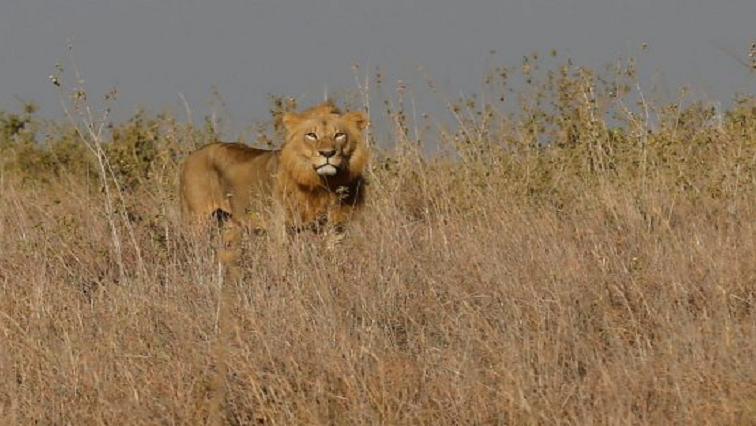The following story contains graphic description, which may upset sensitive readers, including children.
The World Animal Protection (WAP) has called for the total ban in the export of lion parts.
Treeshake founder Dave Duarte leads the South African WAP campaign and says the lions spend time in confinement, until they are ready to be killed for their bones. These bones are then shipped abroad for use in traditional medicine in Asia.
WAP says every day thousands of wild animals are poached, farmed or sold into the global multi-billion dollar trade. These wild animals are being traded for food, pets, traditional medicine and entertainment.
Duarte says in 2019 there were around 8 000 lions in captivity in South Africa.
“To put this number in perspective, throughout the whole of Africa, there are only around 20 000 lions left in the wild; so almost half of all lions are in captivity. If people want to stop this, we need to call for a total ban in the export of the lion parts. South Africa currently allows for quotas where certain amounts of bones can be exported illegally. But this sends an unclear message to the market. It doesn’t communicate that this is wrong and it’s unethical, this is pillaging Africa’s heritage.”
Locally, South Africa contributes to the wildlife trade by rearing lions for their bones. The bones are then legally sold to South East Asia to supplement the tiger bone industry. The bones have been known to sometimes be taken while the animal is still alive in order to ensure those harvested are pink in hue.
Duarte says the animals are subjected to immense cruelty throughout their lives.
“The first pain is being separated from their mothers. Lions are very social creatures and in these situations they have no pride. They are kept in crap conditions and are very often malnourished. It’s not unusual to have 5 cubs in a small cage covered in each other’s urine and waste. There are too many cruelties to describe about an industry that is based on exploiting wild creatures, but one that is particularly painful, is the demand for pink bones from the lion being deboned while still alive leaving blood in the bone.”
To try and end the wildlife trade globally, WAP is trying to raise a million signatures to take to the G20 Summit in November.
Below Blood Lions calls for ban of wildlife markets:


